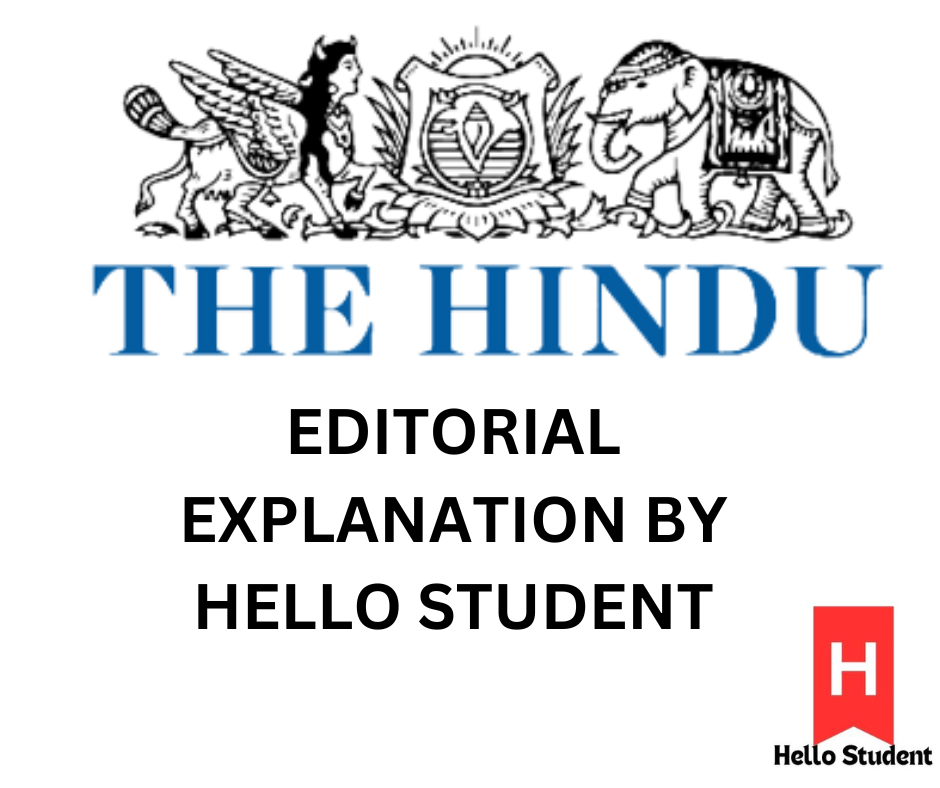The article talks about the Indian government’s plan to hold elections for the Lok Sabha (the central government) and State Assemblies at the same time. This plan is called “One Nation, One Election.”
The government has introduced two bills in Parliament to make this happen. These bills are based on recommendations from a committee led by former President Ram Nath Kovind.
According to the plan, not only would the Lok Sabha and State Assembly elections be held together, but later, elections for local bodies like municipalities and panchayats (village councils) could also be synchronized.
However, there is a big challenge: the government does not have enough support from Parliament to pass the laws needed for this plan.
The opposition parties are against it, and the vote on whether to introduce the bill showed the government lacks the required two-thirds majority. Now, a special committee will look at the details of the bills.
The bills say that “One Nation, One Election” could happen by 2034, unless there is a change in the schedule of Lok Sabha elections.
It also mentions that if a State Assembly is dissolved before its term ends, a new election will be held, but the new assembly’s term will only last until the Lok Sabha elections happen.
There’s also a provision that gives the Election Commission the power to delay elections in certain states, but their term will still end at the same time as the Lok Sabha’s.
Many critics, including some politicians, are worried about this plan. They argue that it could weaken the power of the states.
Federalism, which is the system where the central government and state governments share power, is important.
If the elections are held together, state-specific issues may not get enough attention from voters, which could make state-level elections seem less important.
Also, the idea of holding mid-term elections for state assemblies before their full term ends goes against the argument that simultaneous elections would reduce costs.
In short, while the government believes that “One Nation, One Election” will make the election process easier and cheaper, critics fear it could harm the balance of power between the central government and the states.
They believe it could reduce the focus on state-specific concerns and weaken the importance of state elections.
.
.
join our telegram channel for regular updates of The Hindu Epaper Editorial Explanation-https://t.me/Thehindueditorialexplanation
The Hindu Epaper Editorial Explanation given by Hello Student is only a supplementary reading to the original article to make things easier for the students.
In conclusion, preparing for exams in India can be a daunting task, but with the right strategies and resources, success is within reach. Remember, consistent study habits, effective time management, and a positive mindset are key to overcoming any academic challenge. Utilize the tips and techniques shared in this post to enhance your preparation and boost your confidence. Stay focused, stay motivated, and don’t forget to take care of your well-being. With dedication and perseverance, you can achieve your academic goals and pave the way for a bright future. Good luck!
The Editorial Page of The Hindu is an essential reading for all the students aspiring for UPSC, SSC, PCS, Judiciary etc or any other competitive government exams.
This may also be useful for exams like CUET UG and CUET PG, GATE, GMAT, GRE AND CAT
To read this article in Hindi –https://bhaarat.hellostudent.co.in/

